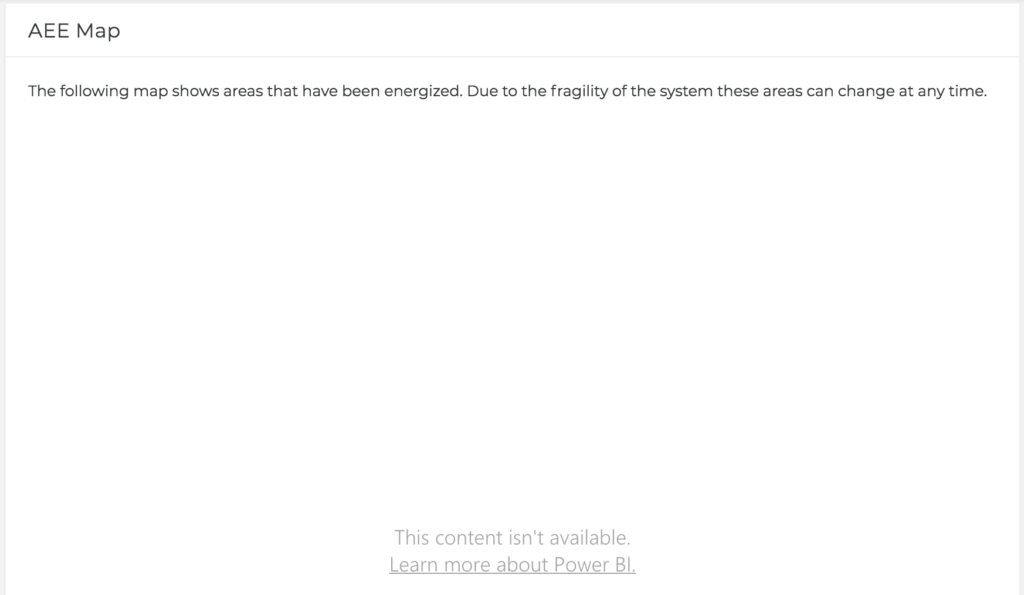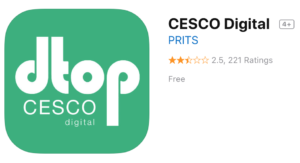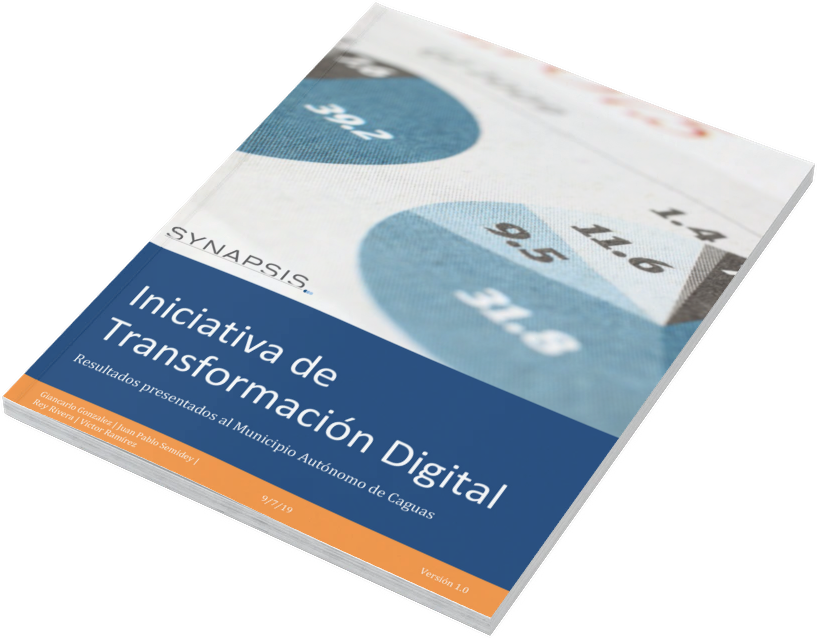Dear Fiscal Board, if you want the Government to carry out structural reforms, commit to digital oversight
Today I celebrate my 38th birthday. A few weeks earlier I realized that my driver’s license expired on this day. This is my story on the renewal process and what steps we should take to fix a broken service impacting the lives of millions of Puerto Ricans. Click here for spanish version.
On December of 2017 I had the opportunity to testify before the Fiscal Control Board. I presented a series of recommendations that, if implemented, would ensure effective delivery of technology projects. The Government is promoting a “digital transformation” initiative that is supposed to result in greater efficiency and accountability on the services offered. The Fiscal Board is unwilling and unable to measure the effectiveness of this initiative, even though they have the power to review all contracts and rules for compliance with the approved fiscal plan.
In my testimony, I presented four recommendations to ensure an effective “digital transformation”. The second of these was to
Support a procurement strategy that facilitates agile contracting, based on measurable results.
In this essay, I’ll highlight why it is essential for the Board to establish a process to assist in making way for what works and stopping what doesn’t before millions of dollars are misspent. For decades, the government has not developed basic skills in designing services to work in digital form. I like this analogy from Jennifer Pahlka, who wrote,
Addressing this problem is the equivalent of deciding to diet and exercise instead of taking a magic pill to lose weight. One is hard work and takes time, the other sounds good but it does not work in the long term.
The “Agile Contracting” process is gaining steam at the federal level. There’s a certification process for federal employees, called “Core-Plus FAC-C-DS”, created by the US Digital Service. The program seeks to educate employees about new digital technologies and on how to buy these services. Digital transformation is something the government has to do, it’s not something you can purchase or contract outright to a third party. If you are just looking to buy a system to solve a problem without creating a workforce that continually learns and improves its delivery capacity, results will be superficial and short-lived. Take the outdated, award-winning, Status.PR website as an example. The Microsoft licenses are up-to-date, but the site isn’t:
 You can learn more about Power BI, but not about power outages
You can learn more about Power BI, but not about power outages
CESCO Digital
The Government launched an app called “Cesco Digital”, which is currently available on iPhone and Android. A Government press release reported that over 200,000 people connected to the application in less than 30 days, generating over 84,000 vehicle registration downloads to renew tags and collecting over half a million dollars in fine payments.
This has the potential to generate millions of dollars in operational savings and provide relief to citizens who routinely spend days and even weeks of shock at having to visit a CESCO. The economic impact on improving this process is in the $100’s of millions.
In spite of the initial successes of the application, the recently renewed maintenance contract, totaling over $500 thousand dollars, does not include continuing work on the app. DTOP has spent over $9 million dollars since 2011 in maintenance contracts, with minimal results to show for it and plenty of controversies. This new maintenance contract is more of the same.
To sum up, the application that generated improvements in the service, increased collection of payments in fines and facilitated over 84,000 downloads to renew vehicle registrations does not have an assigned programming team to scale a proven pilot project aimed at providing a better service. There isn’t anybody within the Government monitoring the interactions of this application with users. Just look at the reviews – they are calling for more features and the Government is not responding to those needs:
It is the equivalent of buying a new car and leaving it in the garage picking up dust because you choose to use the old car, which requires a contract with a mechanic to attend weekly repairs, leaving users with no other alternative but to end up here…
Aqui en el sexto circulo del infierno, mejor conocido como el CESCO. La historia viene pronto… pic.twitter.com/vdnCjO7046
— Giancarlo Gonzalez (@giangonz) November 7, 2018
A Way Forward
My recommendation to the Board is anchored in its ability to review any government contract, and the need to adjust requirements so they are capable of measuring suppliers based on results obtained in the service provided. In my testimony, I recommended having:
A separate revision process for all technology contracts along with performance reviews based on best practices to ensure delivery of working products with regular, continuous delivery throughout contract execution.
It is essential to focus work on the provision of services to the public and measure its value from there. This is not going to change if we have a Fiscal Oversight Board that turns a blind eye to such a pressing issue. The Fiscal Board needs digital expertise that can challenge for a competitive, transparent and impartial process in the contracting of digital services, and they won’t get there by contracting service hours from McKinsey, PWC, Deloitte or Microsoft.
Those consultants further show the lack of digital expertise, highlighted in the most recent fiscal plan which mentions the need to:
“Improve ease of registering property – streamline and digitize the property registry system to reduce delays from the Property Registry Agency.”
The consultants who wrote this plan seem to be unaware that between 2015 and 2016 the Property Registry:
- Was digitized in its entirety, dating back to documents from the 18th Century, all the way to the present day.
- It only takes between 5-15 minutes to register a property.
- The process can be done 100% online at any time of the day from anywhere.
- The registry is 100% digitally accessible
- It is a self-sustaining system generating revenue by selling online access to users.
We held a Government Blockchain Association event to highlight the challenges facing the Property Registry and what the real needs are (hint: it’s not a P3 and it’s not blockchain). The Government reacted in a positive light, supporting upgrades to the Karibe system.
- Joaquin del Rio, Registry Administrator
- Audience at GBA Property Registry
- Miguel Marxuach moderates discussion
Natalie Jaresko highlighted the Government’s lack of commitment to carry out the necessary structural reforms. However, it seems to me that the Board has to commit to greater and more effective “digital oversight”. Certainly, the lack of commitment of this body to implement a process of reviewing digital contracts is the reason why a proper execution and measurement of work cannot be guaranteed. The need is urgent. The commitment must be urgent.
To quote the Board:
“We need to be thinking more broadly about implementing tax reform that makes Puerto Rico more competitive and improves revenue collection by simplifying the tax system, reducing the burden of compliance for individuals and business, and promoting economic development.”
— Financial Oversight & Mgmt Board for Puerto Rico (@FOMBPR) November 6, 2018
I agree. I invite you to join us on Tuesday, December 11th, to the fourth edition of the series “Dear Fiscal Board” where we will think more broadly about the issue of digital control and the concrete actions that the board can take to ensure that government commitments are met.







